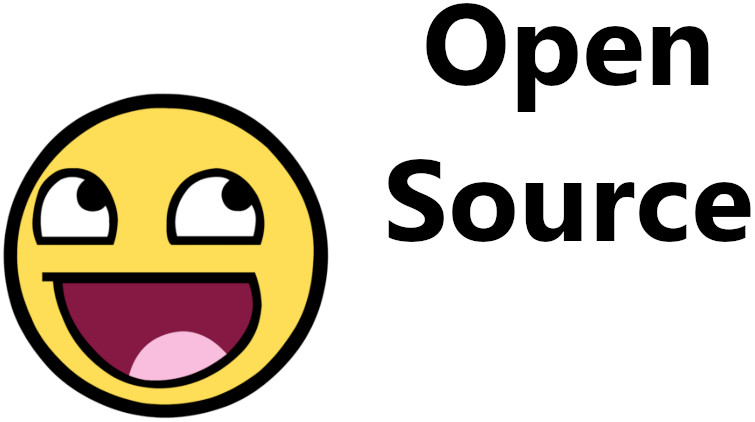Providing Feedback to Open Source Projects in a Positive Way

I recently watched a talk called Stewardship made practical and I think my life will generally improve after having watched it.
If you’re about to provide feedback or advice on someone elses project, it’s worth it to take a step back and think about how you’re going to propose your ideas. This is especially true if the reason you’re leaving this feedback is due to a problem or dead end you hit while using their project.
It’s even more true if you also plan to propose 1 or more solutions to the problem.
Chances are the people who created the project you’re using have already thought of your solution and thought about it from 100 angles you haven’t even considered. Sometimes this is hard to imagine because we all like to believe we thought of something original, or came up with a solution that’s new to the world.
Needless to say this recently happened to me where I caught myself going in circles when giving feedback to someone’s project.
Now, that doesn’t mean your feedback is worthless (in fact, it’s very valuable), but you should be very careful with the language you use because it’s the difference between maybe coming off like a jerk face (even if you’re not being hostile) that ends up in conversations that lead no where vs. having a very healthy and positive discussion about something that engages everyone involved (users, contributors, maintainers and even lurkers).
# Stewardship Made Practical
I recently watched a talk called Stewardship made practical and I’m not kidding when I say that this talk will improve my life. Early on in the talk, the presenter even claims his goal is to give you life changing advice and he delivers.
The talk covers a bit more than how to provide feedback to open source projects, but the general theme of the talk is basically how to interact with people in a way that promotes positivity and getting your expectations set straight.
It’s geared towards open source maintainers but it also very much applies to anyone who uses and contributes to open source too which applies to almost every developer.
I spend a lot of my time answering questions and supporting people who sign up for my courses and my philosophy has always been to kill them with kindness, no matter what. I’m normally on the receiving end of questions and feedback and this video was a nice reminder on how to act when you’re on the other side (although the video covers both sides).
The talk starts at 1:10 and while it does side track into semantic versioning somewhat early on, the talk is worth watching until the end. It’s not specific to Clojure or any specific language, and 95% of the talk doesn’t talk about or look at code specifics.
What was your favorite part of the talk? Let me know below.